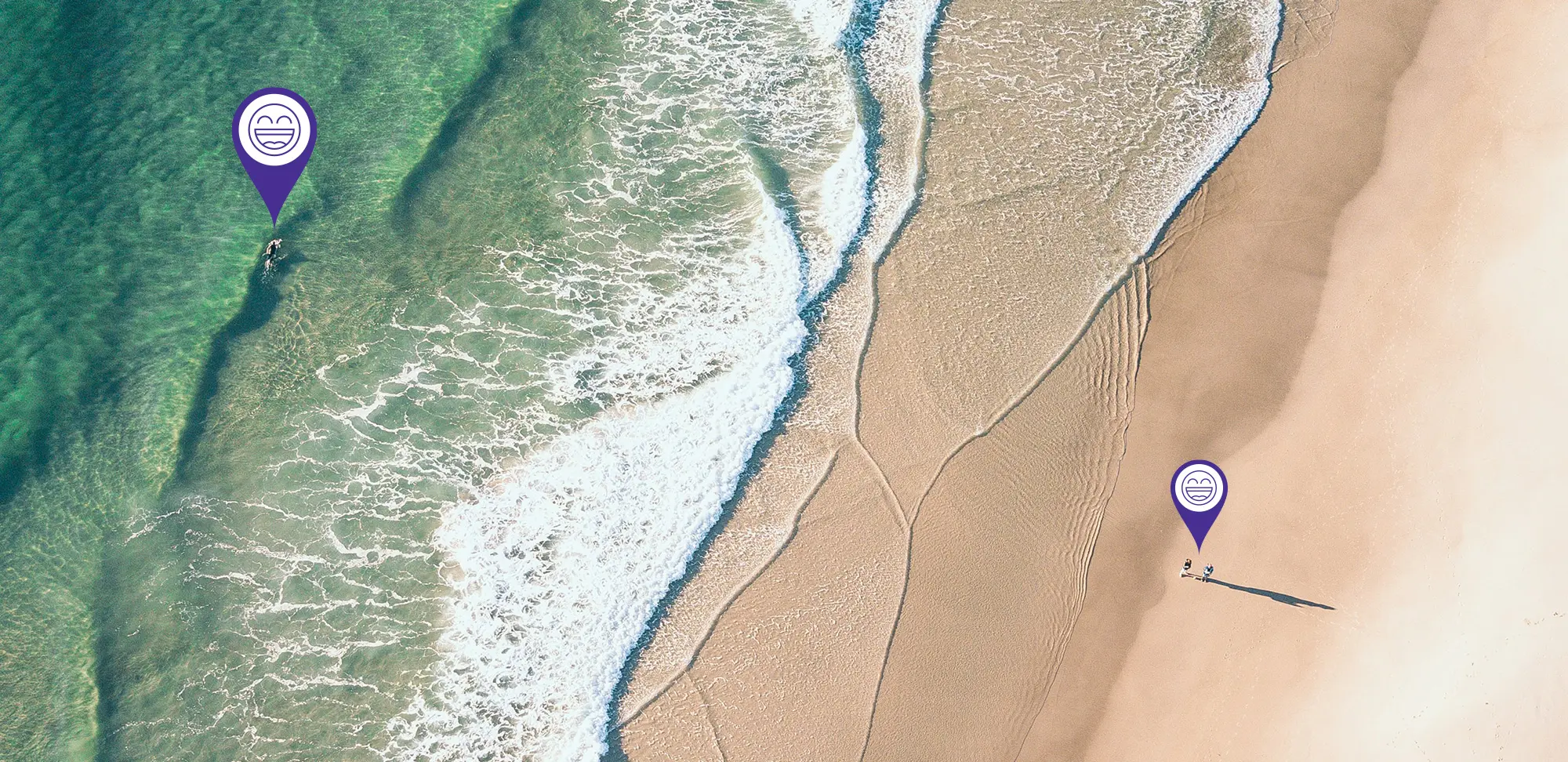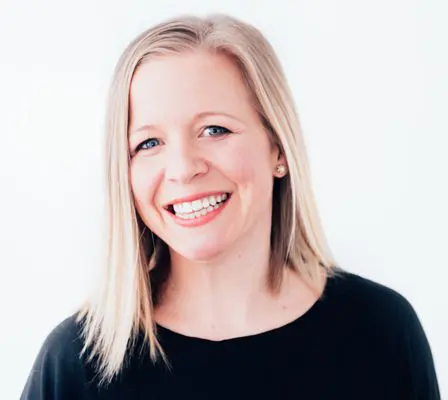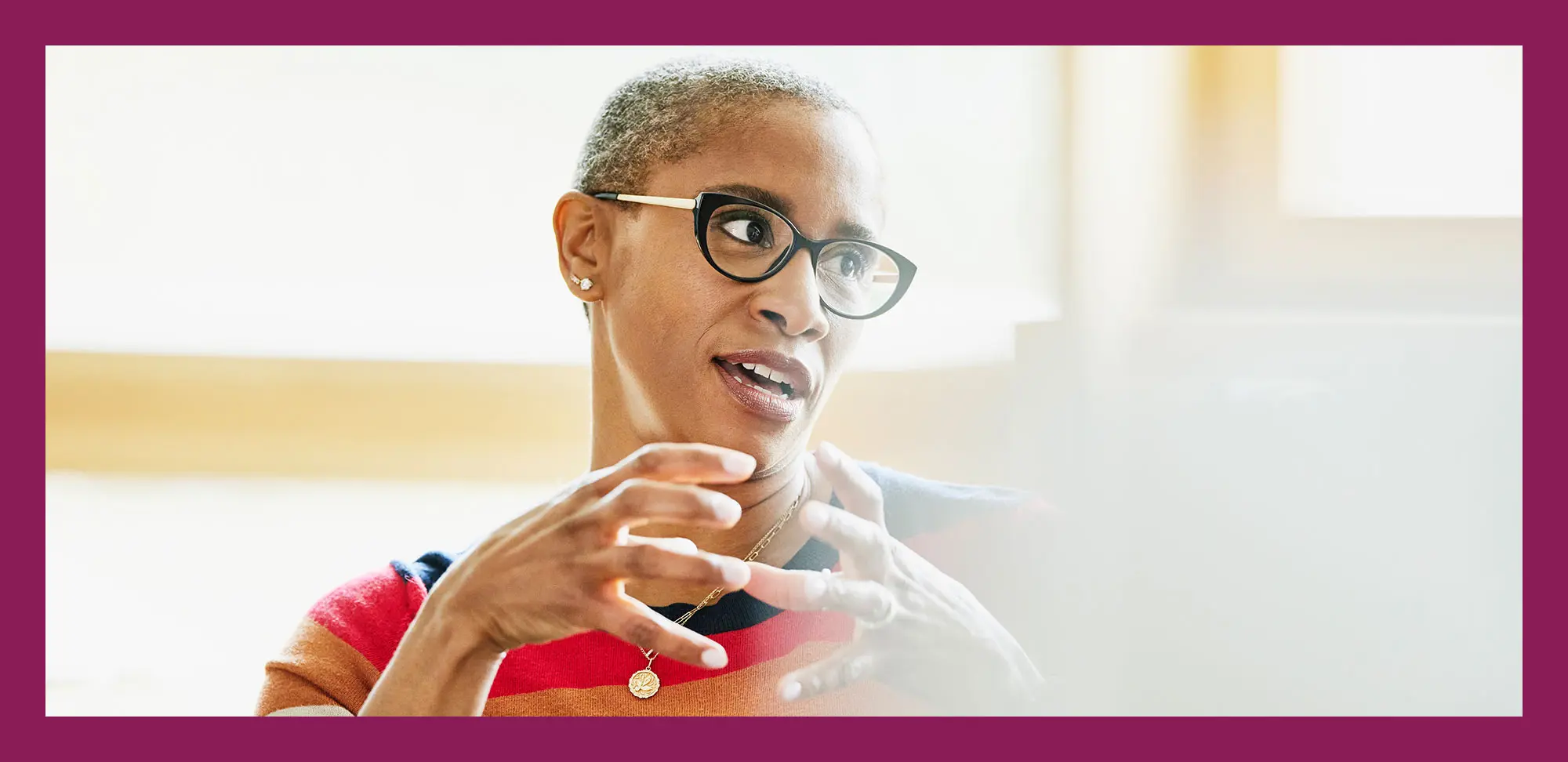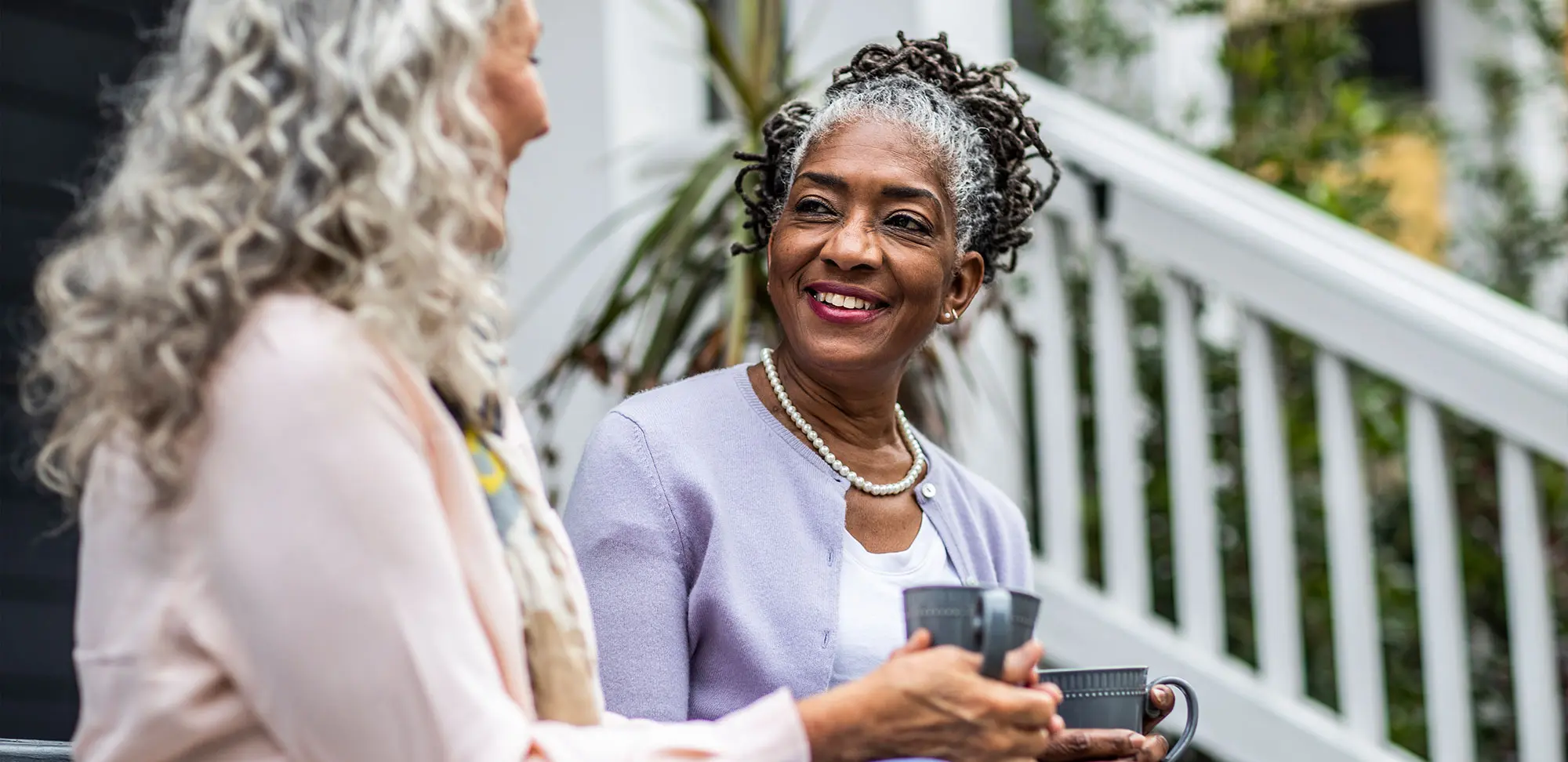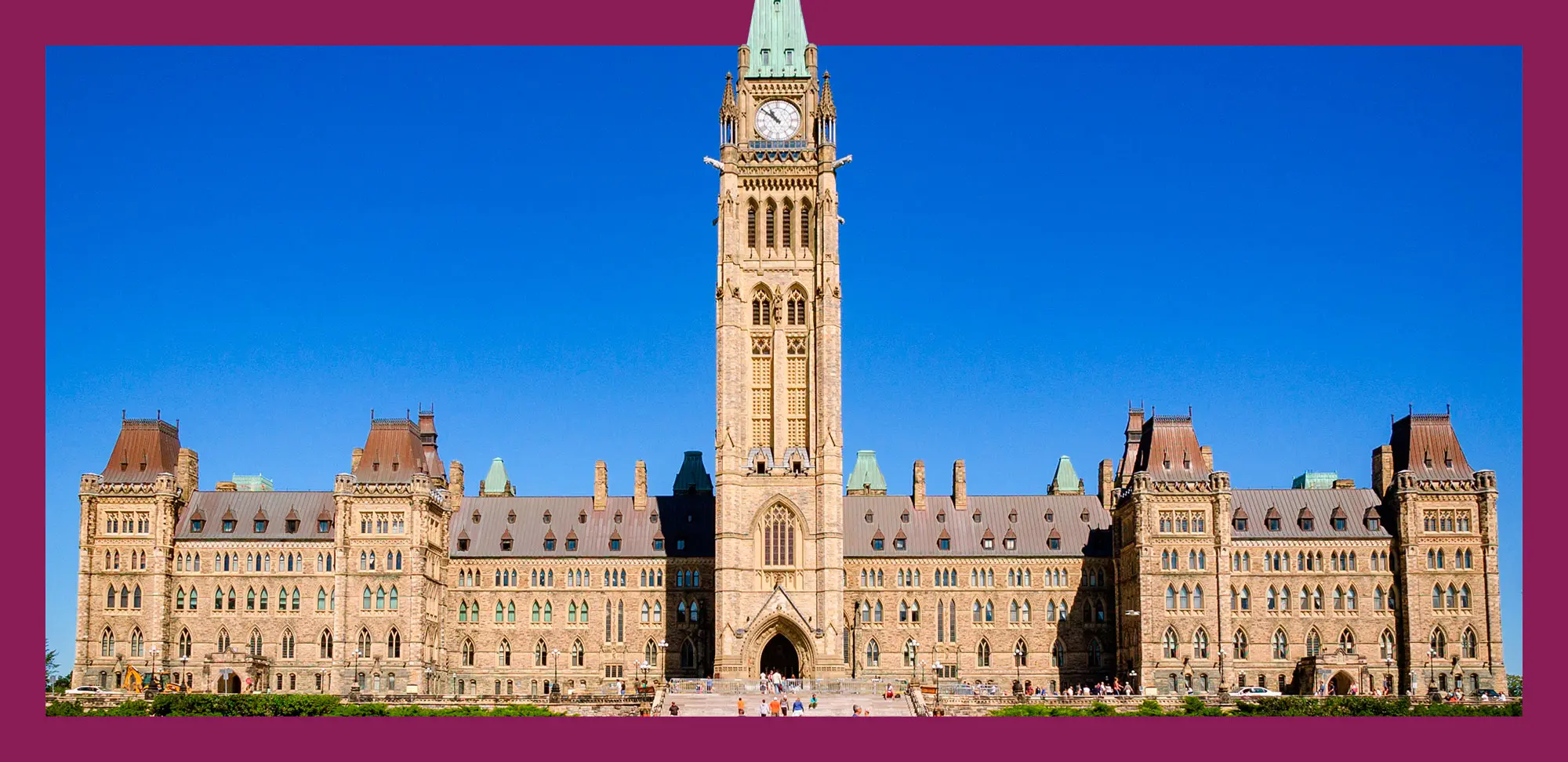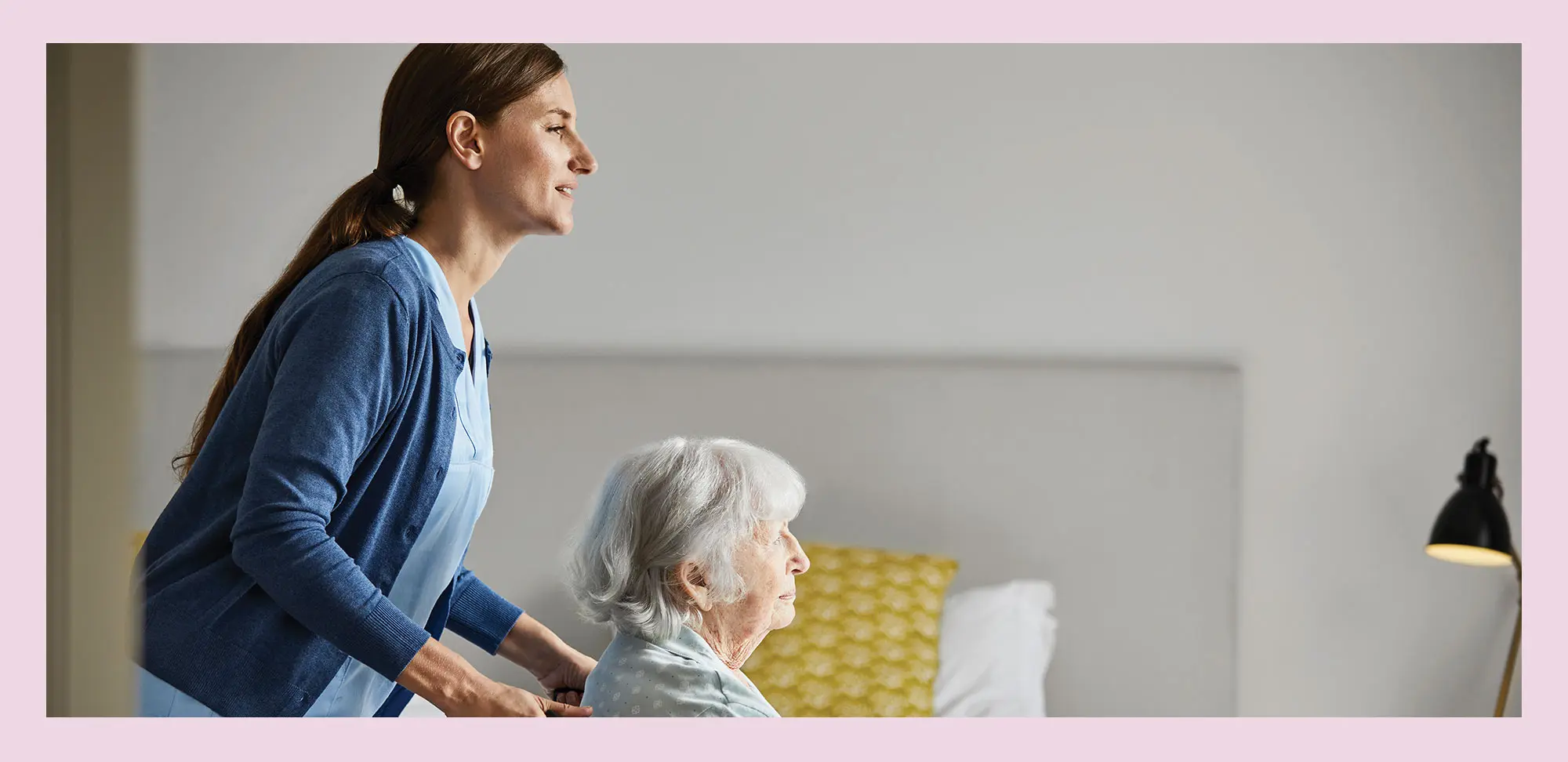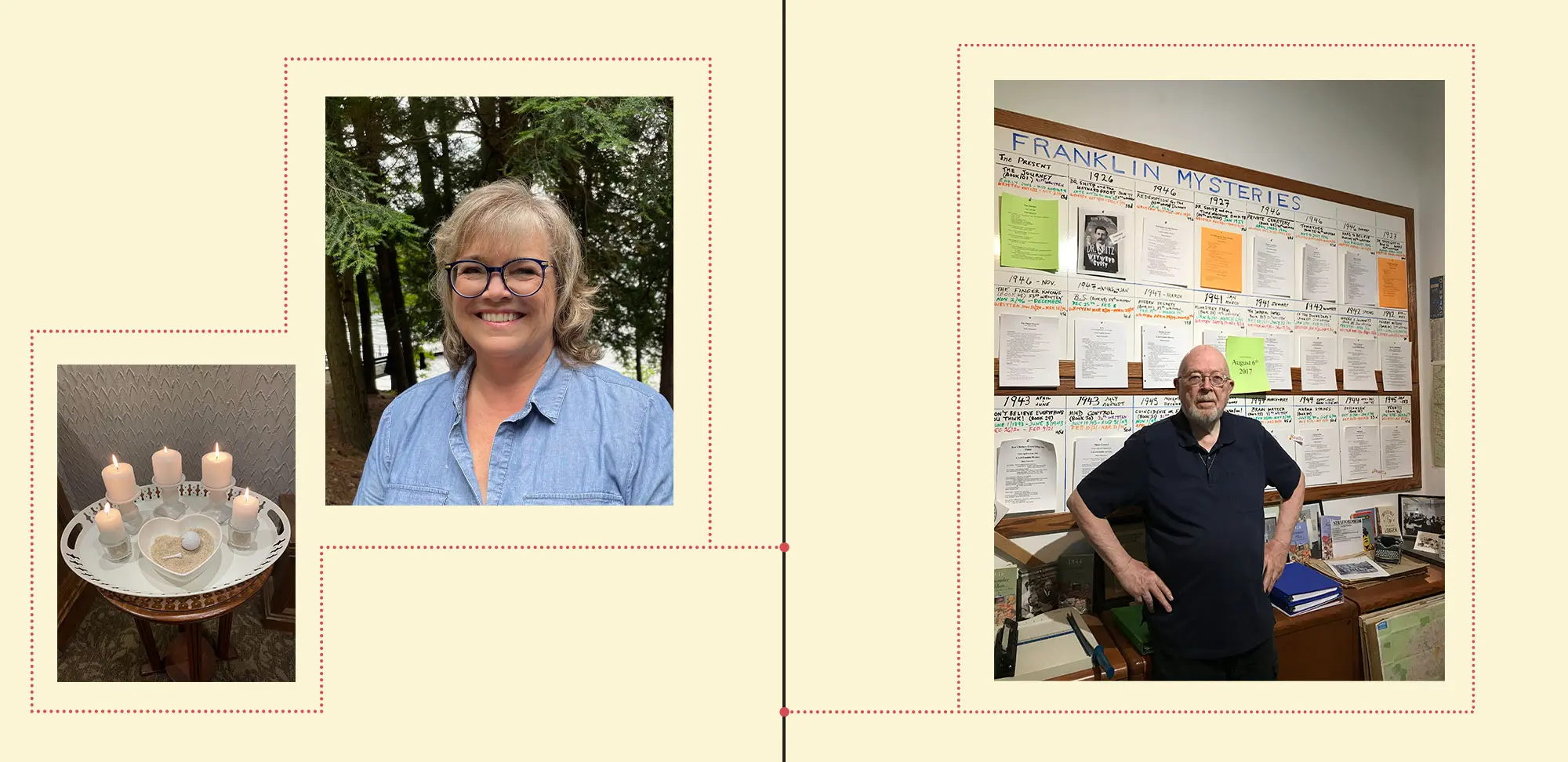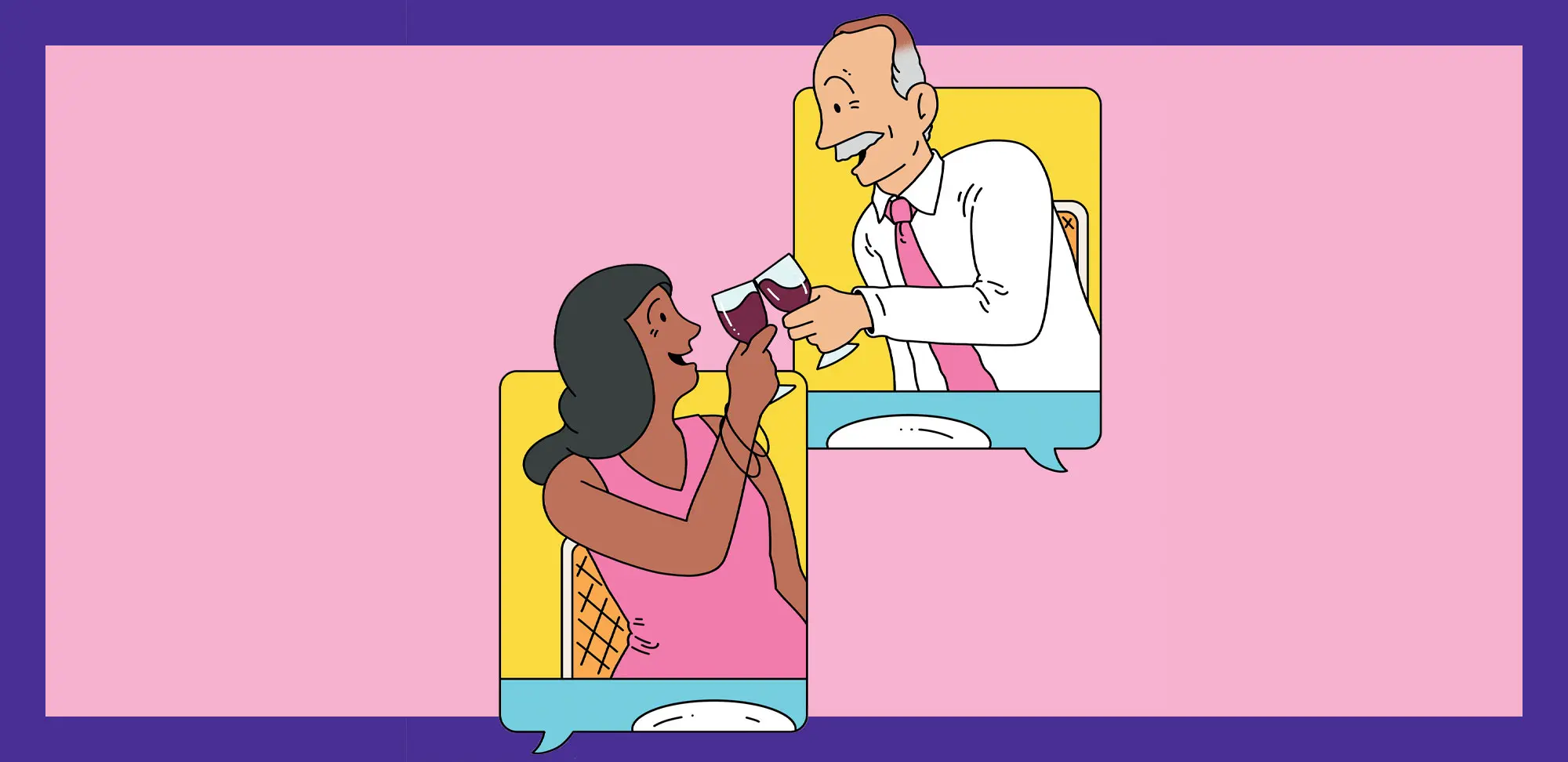Most of us have had big dreams over the years. Some we acted on, some we shelved. We got busy. We got comfortable. We got stuck.
But then, we retire. And it’s a chance to wonder, now what?
Just ask Lynda Laker (District 24 Scarborough and East York). “It’s the time of life you can risk it,” says Laker. “If it doesn’t work out, you’re not sunk. You’re not starting from scratch. You’re really free to pursue a dream or something you always wanted to do.”
Seven years after Laker retired in 2007, she and her husband, David, “risked it” when they moved permanently to Israel with their then 14-year-old son, Josh.
They had ties to Israel — friends, family and their faith — but didn’t have firm plans to relocate, so they visited a number of times to help them decide, something Laker advises anyone considering retiring out of country to do.
After experiencing life in several communities, they decided to make the move, selling their large home and getting rid of most of their stuff.
“Clearing everything out after all those years was quite an experience,” says Laker.
Today, the Lakers live in a 1,200-square-foot, four-room rented apartment in Modi’in, a city located about halfway between Jerusalem and Tel Aviv.
“It’s joy. It’s pure joy. I sit on my balcony and if I look to the right, I see the hills where the patriarchs walked when they were going from south of Jerusalem to the north of the country. If I look to the left, I see planes landing at Ben Gurion Airport,” says Laker. “You know, you want to pinch yourself. I’m really here and this is what I’m doing. And it’s just amazing.”
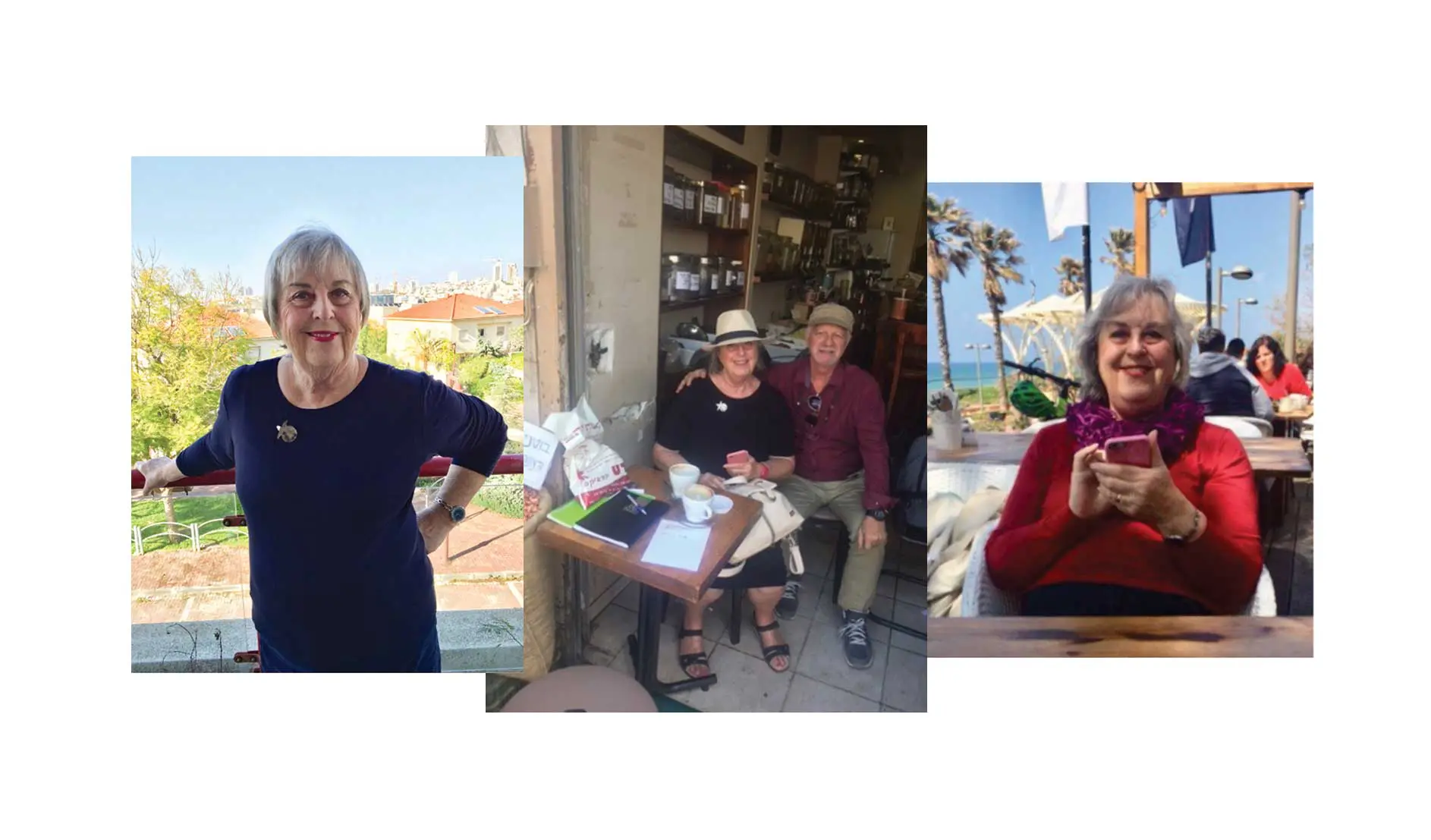
Living smaller is the norm in Israel, as is a more casual pace. Laker says there’s not the same busyness or drive to get ahead that she associates with Canada. And that’s not just retirement talking.
The couple has access to an affordable and high-quality health-care system. And Laker easily got support from local municipal staff when she approached them about starting an Anglo seniors’ club to connect the English-speaking seniors in the community.
Laker’s willingness to try new things is a theme. She runs an online art business and taught herself how to maintain her business website (where she goes by “Leah”) and manage her social media.
“Living in a new place, there’s a sense of purpose,” says Laker. “You go out because you want to meet people. You learn a new language because you want to do things. It’s revitalizing.”
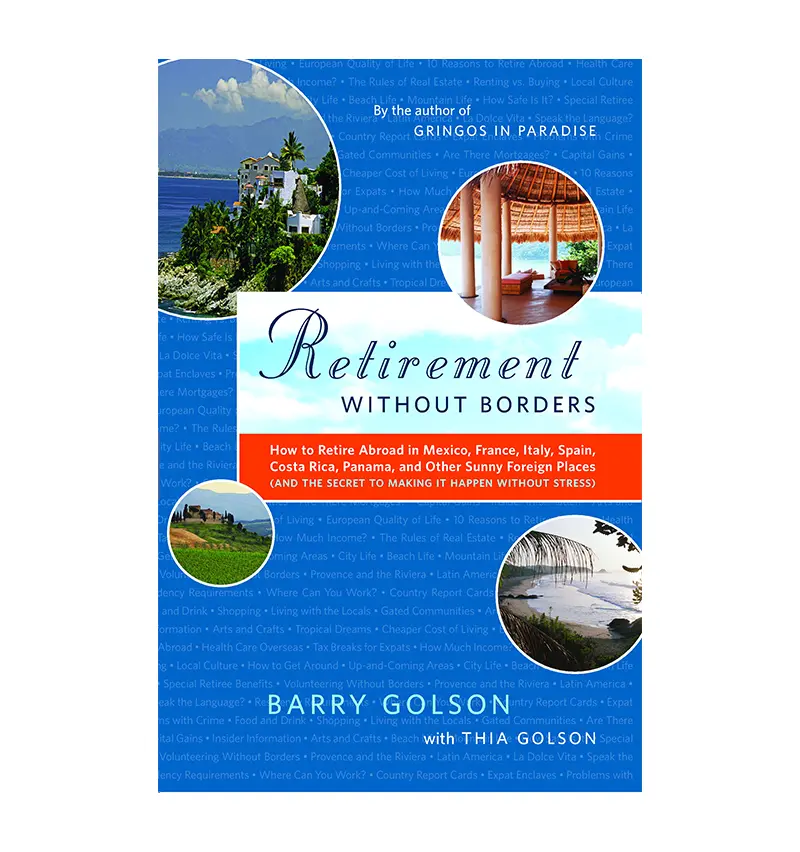
Retirement Without Borders: How to Retire Abroad in Mexico, France, Italy, Spain, Costa Rica, Panama, and Other Sunny, Foreign Places
by Barry Golson with Thia Golson
Barry Golson and his wife, Thia, have lived in six countries. Their book explores expat-friendly places based on low-cost/high-quality living. And then give you the goods on retiring there with minimum hassle.
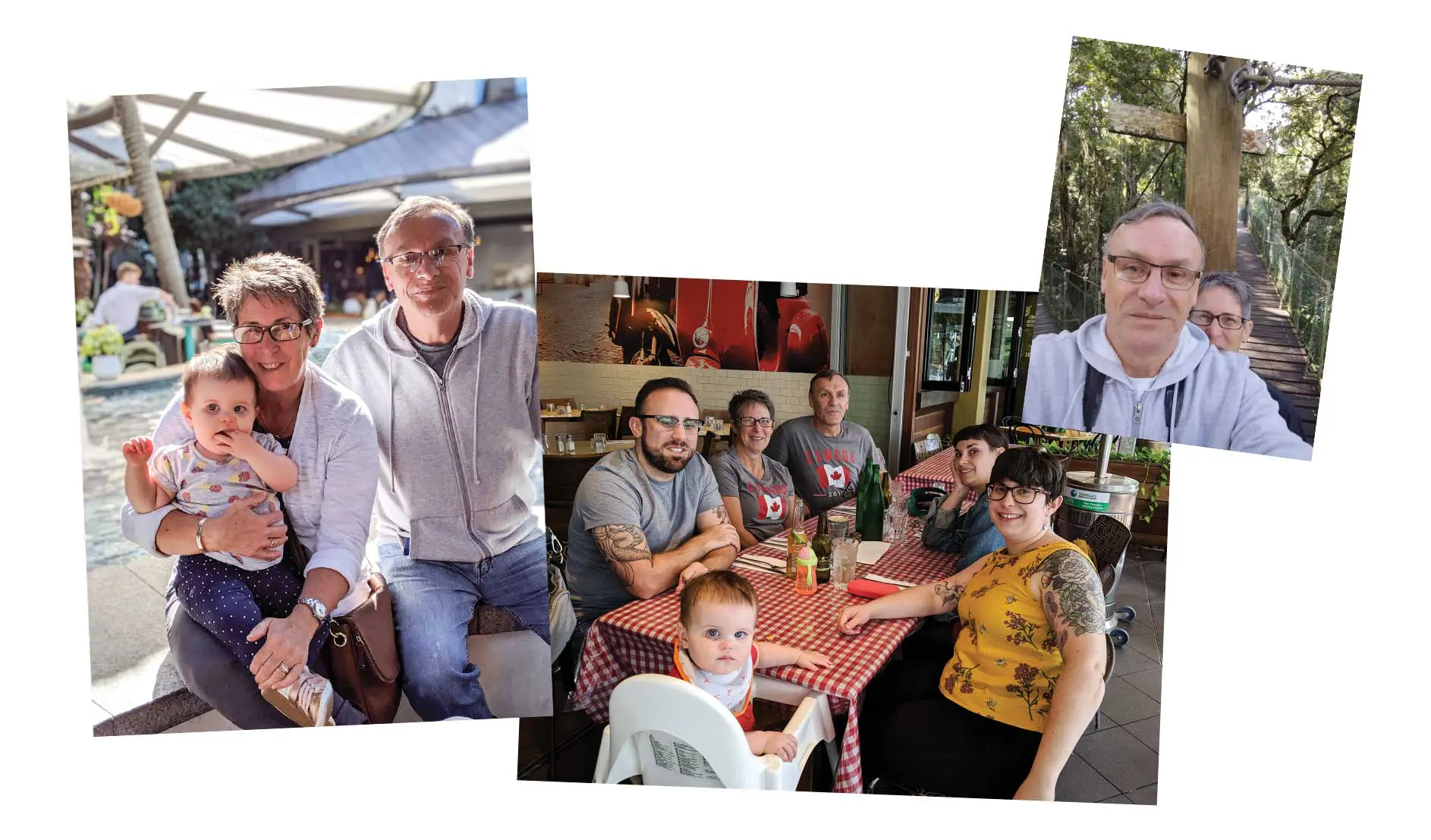
Gary and Phyllis King (District 14 Niagara) are no strangers to following their hearts.
The couple met in Australia in the 1980s while Gary was travelling. They wrote to each other for a year before Phyllis came to Canada for a two-month visit; Gary proposed a month into her stay. Being married would make it easier for Phyllis to get her Canadian visa, so they had a courthouse wedding the day before she flew back to Australia, and she moved to Canada five months later.
After Phyllis retired in 2018, the couple began final preparations to return to Australia full-time. “We decided we’d spent 36 years in Canada, so we’ll spend 36 years here in Australia. And then decide where we’ll spend the next 36,” says Gary, laughing.
The couple’s three children had moved to Australia over the years, so relocating seemed like a natural step, especially after their first grandchild, Rosie, was born.
Phyllis visited ahead of the move to get things ready. They had yard sales and packed everything they wanted to take into 42 plastic bins. The shipping company took their belongings in March 2019. They sold their house in April, and in June they left to start their new adventure.
“We got up in the morning, and my wife puts our bed on Facebook Marketplace for free and says, ‘You have to get it before noon.’ We left the house without a stick of furniture in it,” explains Gary. “There’s some level of excitement in doing this.”
There were challenges, of course. Getting a mortgage was tricky because Australia won’t consider retirement income from another country for mortgage approval. And their new home doesn’t have the yard they had back in Canada, which they miss. Plus, Gary’s favourite PolskieOgórki pickles proved problematic to procure. But the couple says these are small trade-offs compared to living closer to their kids, helping care for Rosie, and a new lifestyle they love.
“Almost 40 per cent of the land is dedicated parks and green spaces,” says Gary. “We can walk outside in our shorts and T-shirts at seven in the morning and walk for 40 minutes. We can go to a café and have breakfast outside with our family, in January. It’s lovely.”
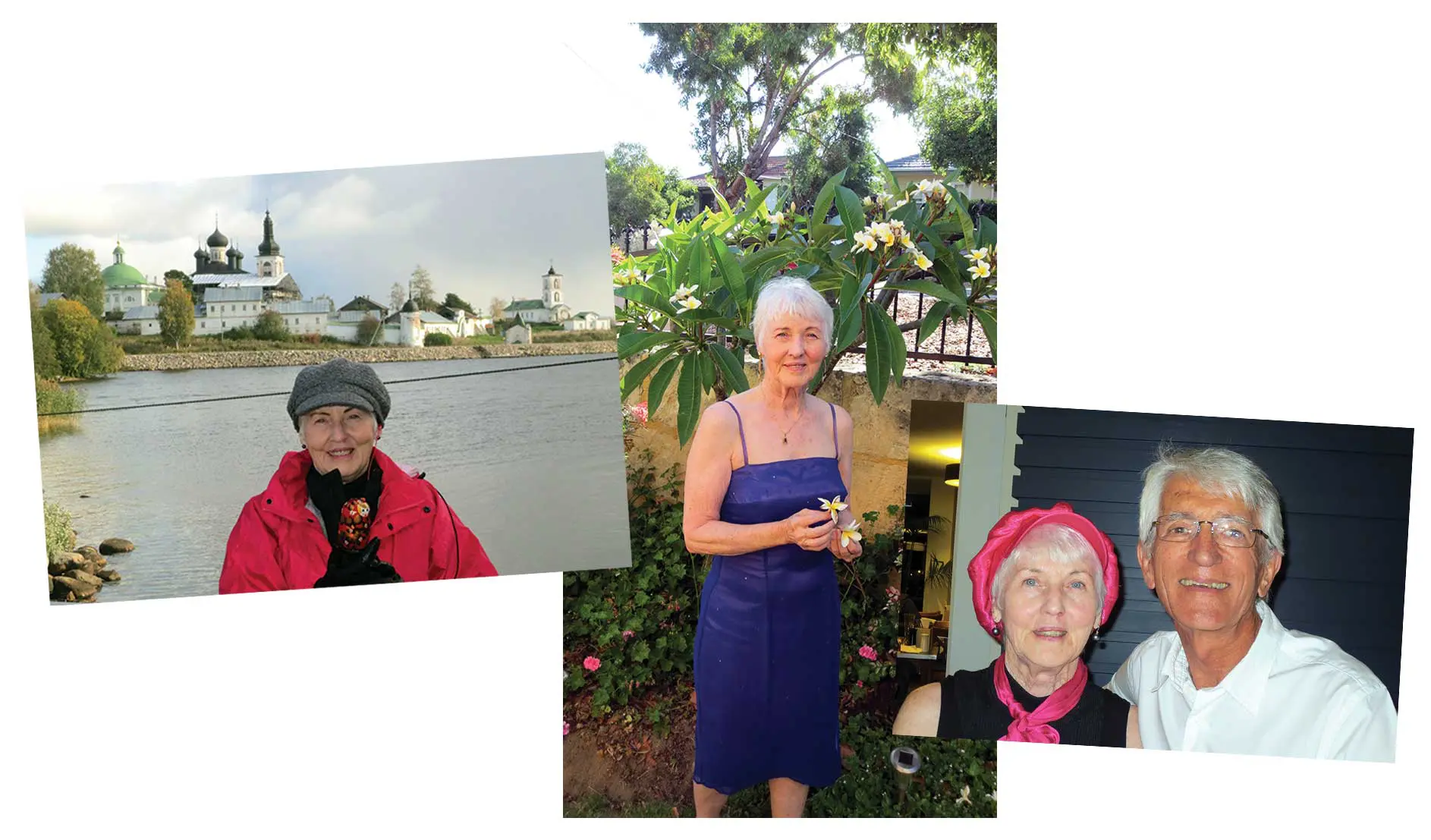
Jacqueline Demill (District 36 Peterborough) fondly recalls the wave of warmth she felt when she stepped off the plane in Australia in December 1981. She had left Toronto in a –40°C cold snap.
That was her first trip to the country, but it wasn’t the first time she’d thought about it. Australia pulled her throughout her childhood, from the smell of eucalyptus in her grandmother’s cabinet to a captivating book series called Up and Away she discovered in Grade 4 that taught her about Christmas in July. And then there was her pen pal in Sydney. All signposts along her journey.
“I was having coffee with a colleague,” says Demill, “and she asked me, ‘What are you going to do with your life?’ I said, ‘I think I’ll go to Australia.’ And I applied for exchange.”
Her exchange was in Perth, in Western Australia, the opposite side of the country from the Kings, and it was there she met David Haimes, a local math teacher. She just knew she’d marry him and eventually move to Perth.
The couple married in 1984 and continued their long-distance relationship until 1990, when Haimes moved to Canada and completed a PhD, and Demill finished her last seven years of teaching. They returned to Perth in 1997.
Demill didn’t have logistical challenges with the move because she had gone back and forth many times over the years and they already had a house. Plus, she’d had plenty of time to prepare — she’d made up her mind in 1982, after all!
“Of course, you miss your family and your friends, but with modern technology, it’s so easy to keep in touch,” says Demill. And before the pandemic, she’d return to Canada every year for a few weeks.
“We have good health, which is life’s most important gift,” says Demill. “And we attempt to do everything in our power to foster our well-being in all of life’s spheres. Life is magic.”
Getting relocation-ready
Even if you don’t have a connection to another country, making an international move is still worth considering if you’re up for adventure! You’ll want to visit a number of times to make sure you’ll be happy living there full-time — a two-week holiday is not the same thing. If a full-out move is not for you, you might consider retiring part-time outside of Canada. Either way, you’ll need to do your homework.
Banking — Ask your bank if they have branches or partner banks in the country. Ask about fees, especially when moving large sums of money.
Car — Will you drive or use public transit? Investigate auto insurance.
Community — Stay in the community. Try the shops, activities and institutions. Act like a resident and see how it feels.
Downsizing and shipping belongings — You may want to bring cherished items with you. Some international shipping companies will help facilitate storage on the other side, too.
Health care — Will you have access to public health care, or do you need to purchase a plan? Are you comfortable with the quality of care? What are the services like for seniors? If you move out of the country permanently, you likely won’t be covered by your provincial health plan or Canadian health insurance, like RTOERO’s plan.
Life insurance — Check to make sure your life insurance will still cover you after the move.
Pension, CPP/QPP, OAS — You’ll still receive your workplace pension. You can qualify for OAS if you lived in Canada for at least 20 years after turning 18 or you lived and worked in a country that has a social security agreement with Canada. You will receive CPP. There’s a withholding tax on OAS and CPP, depending on where you live.
Taxes — Speak to a financial planner or accountant about your tax situation. You may need to file returns in Canada and in your new country. The amount you owe in Canada depends on your residency status.
Visas and immigration — You can do a lot of the investigation online, but also when you’re in the area for your trial visits.
Wills — You will likely need a will in your new home country.
Most Popular retirement destinations
- Panama
- Costa Rica
- Mexico
- Portugal
- Colombia
- Ecuador
- France
- Malta
- Spain
- Uruguay
Source: internationalliving.com Annual Global Retirement Index.
